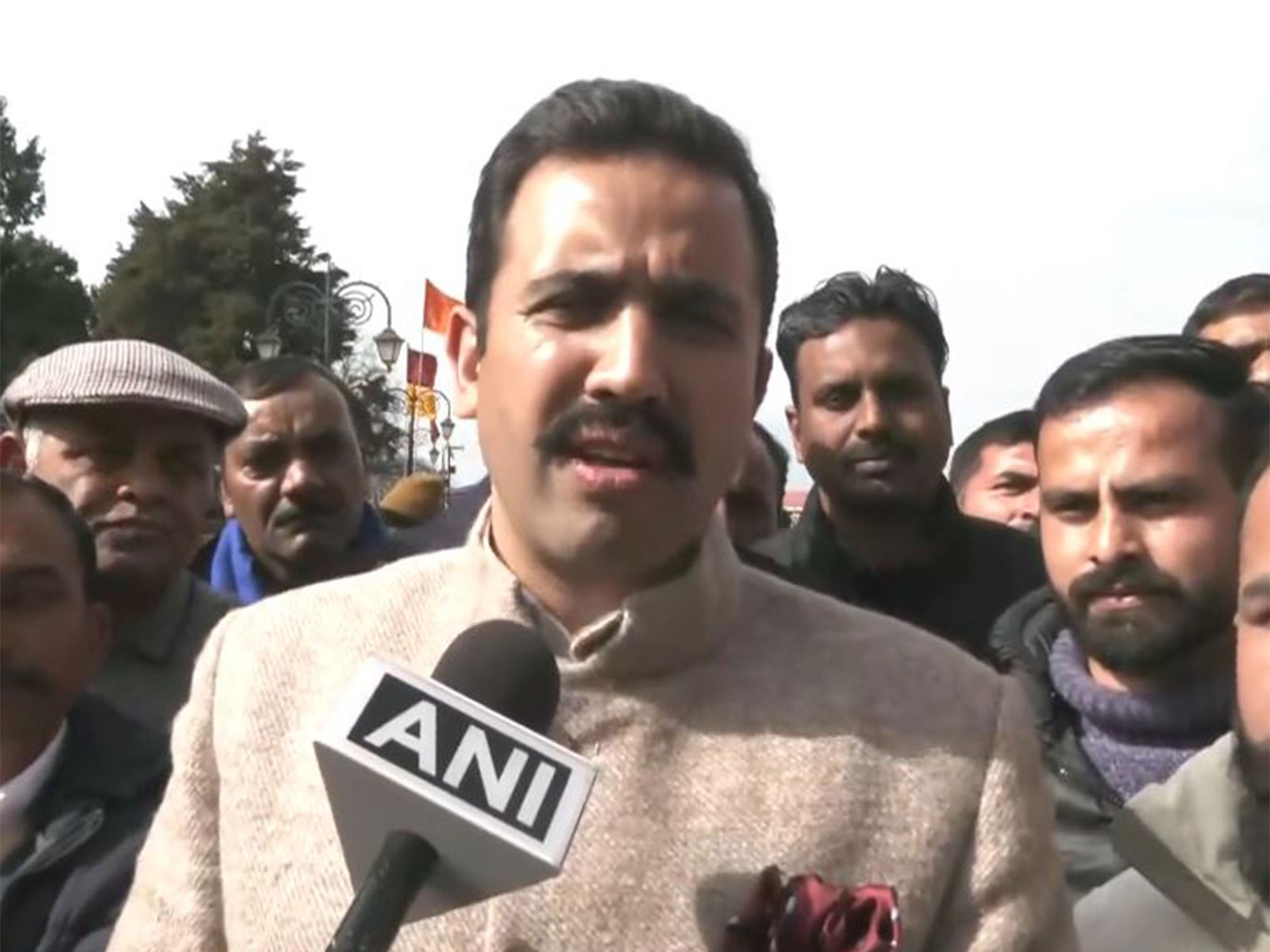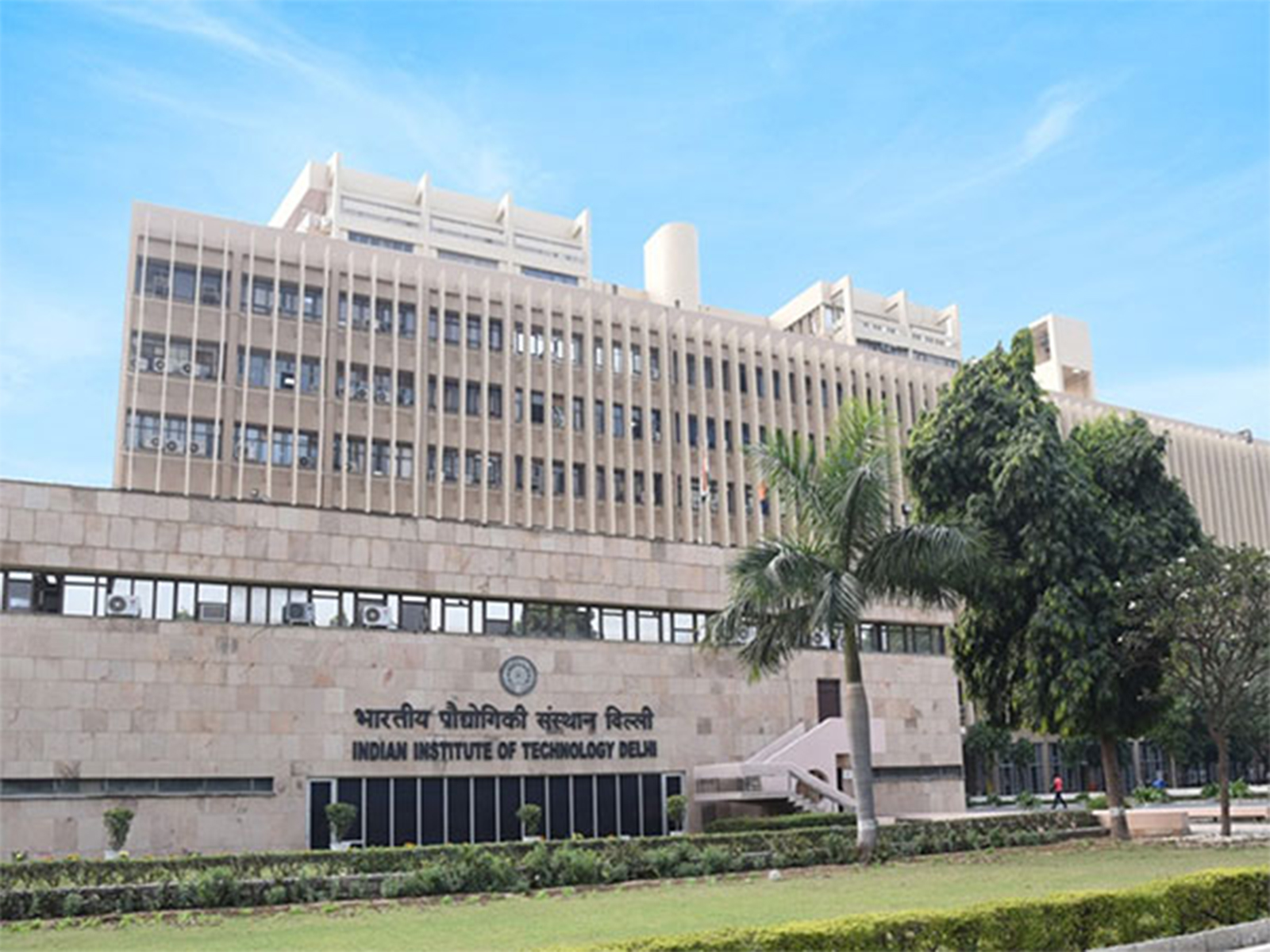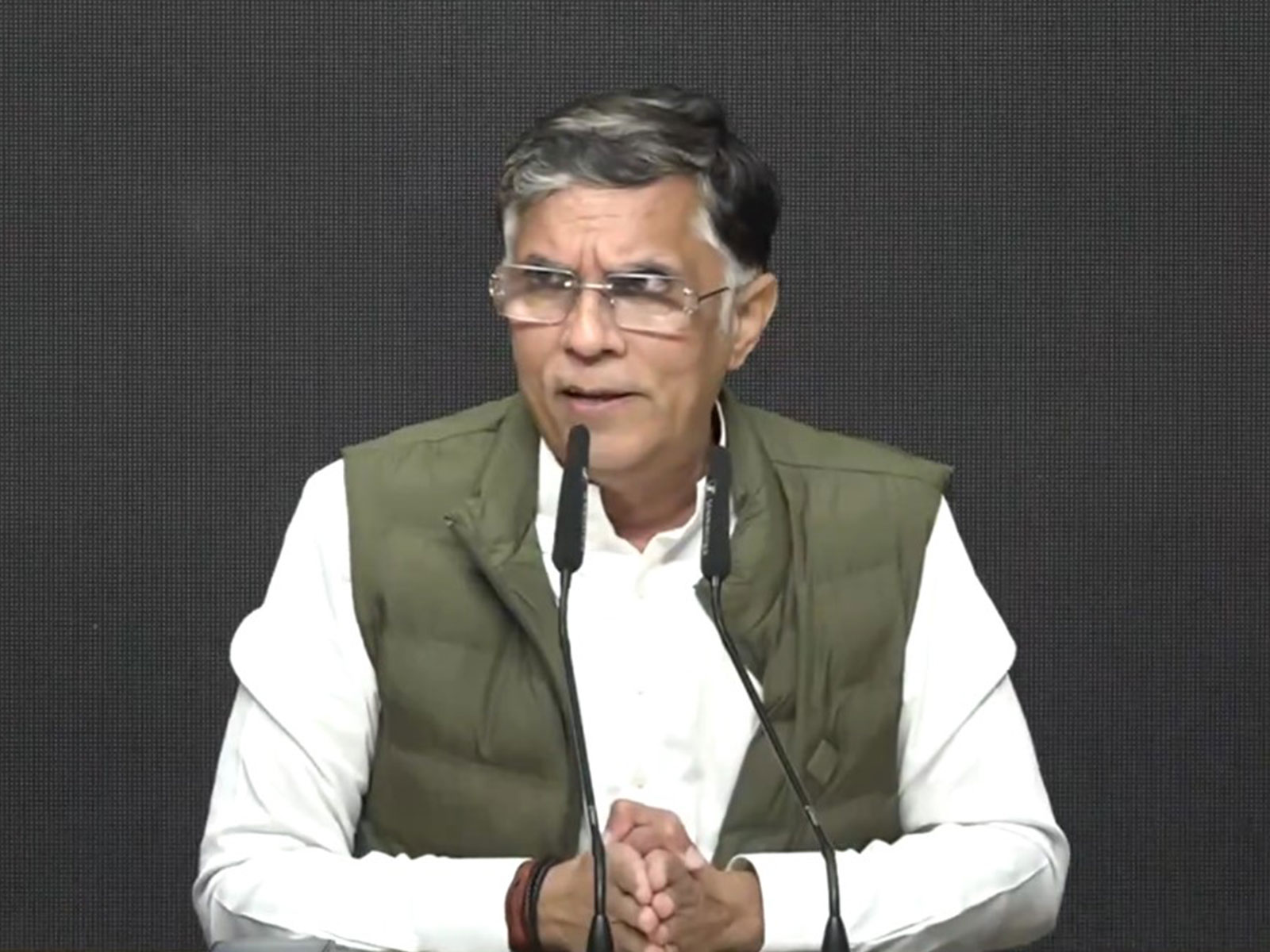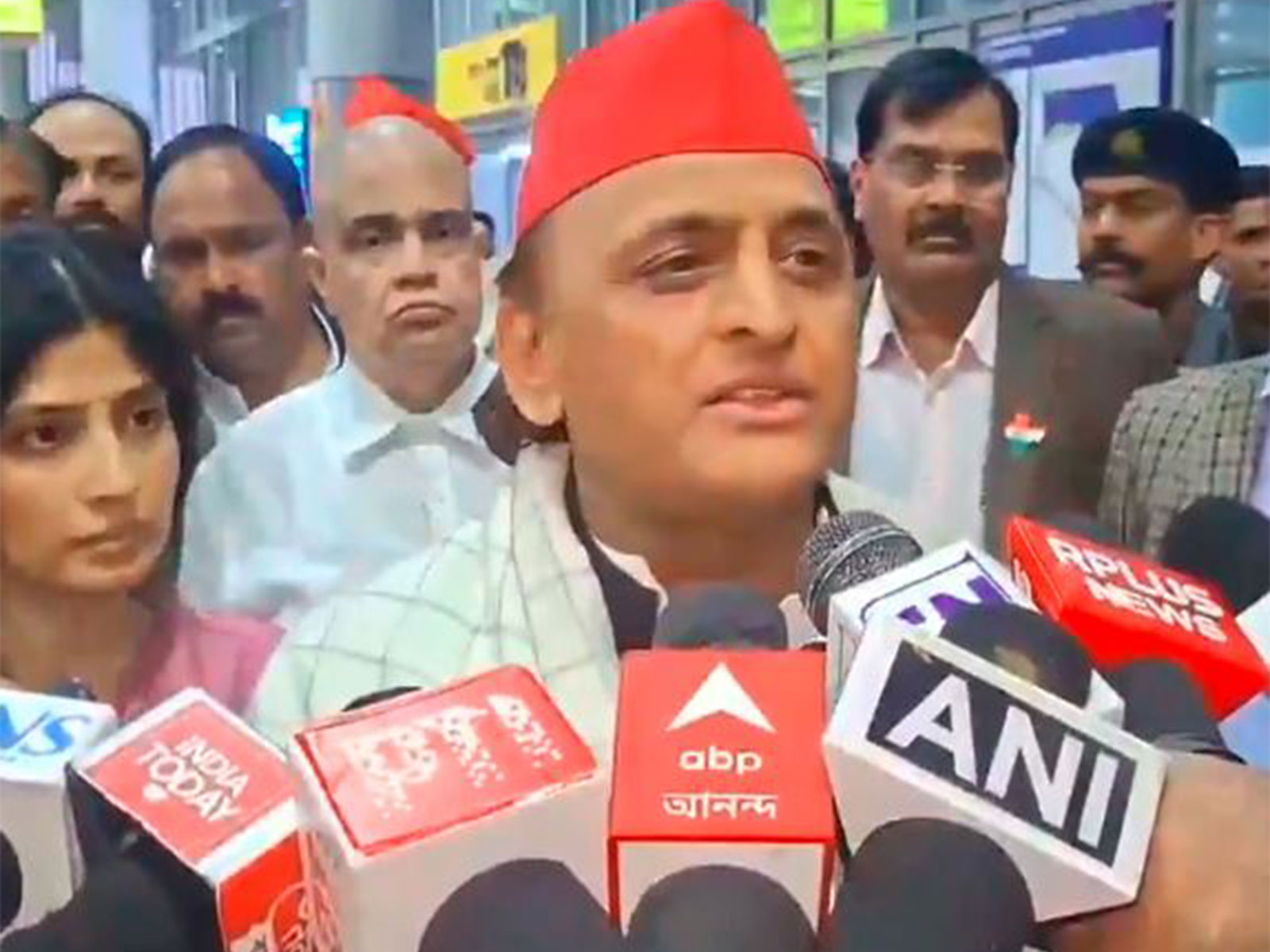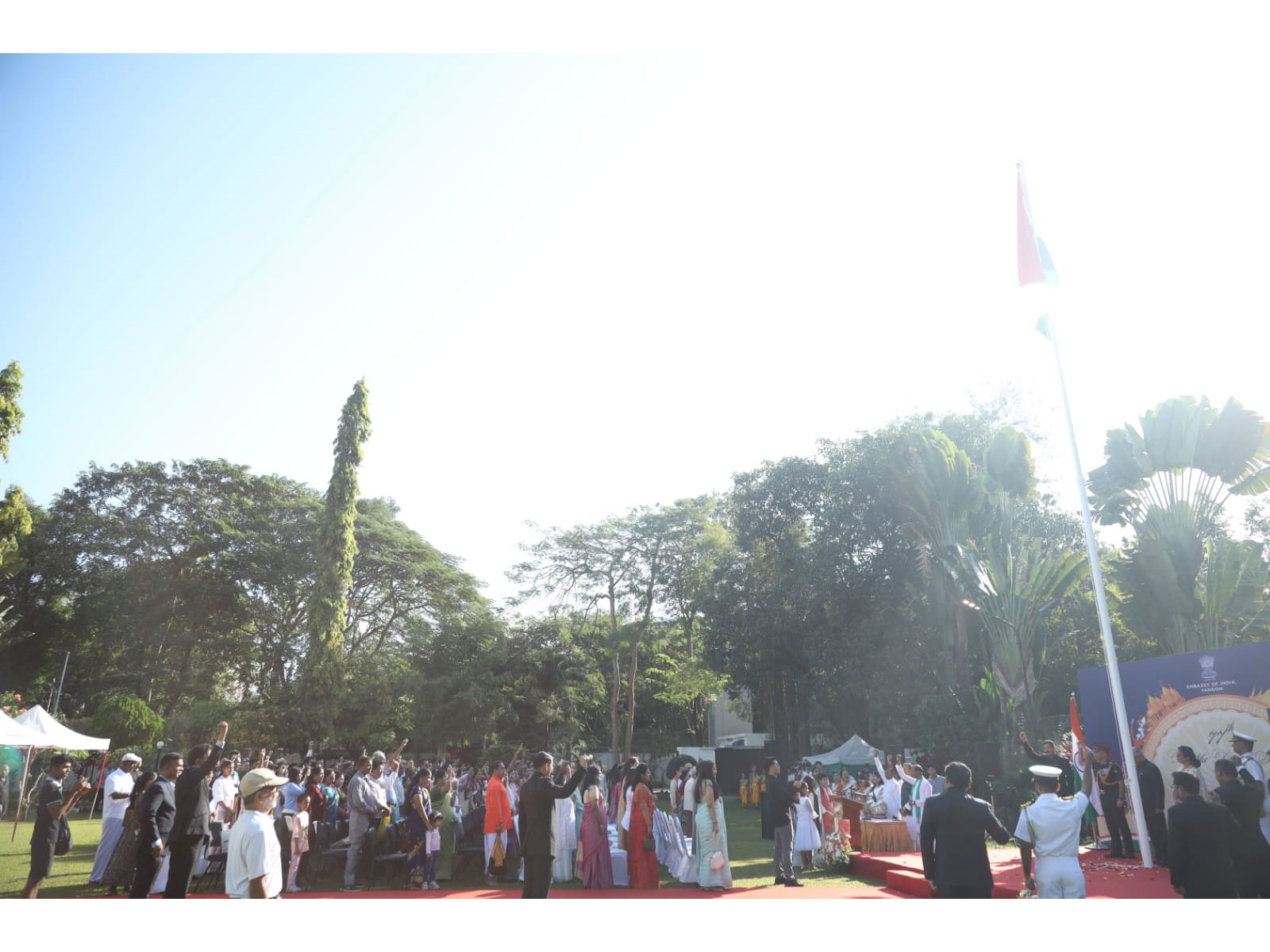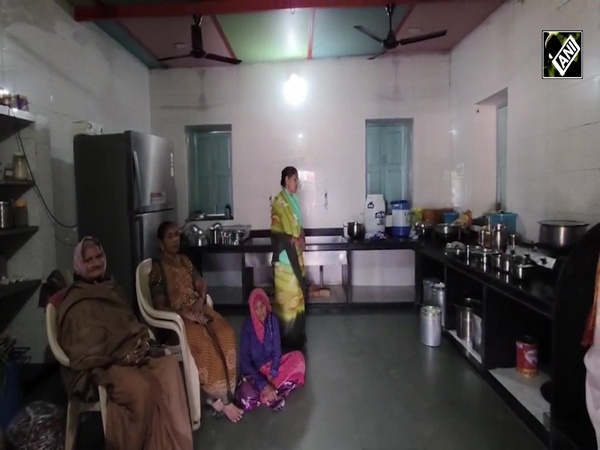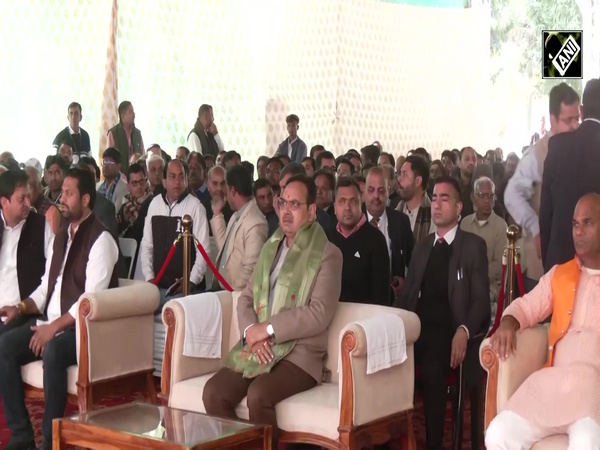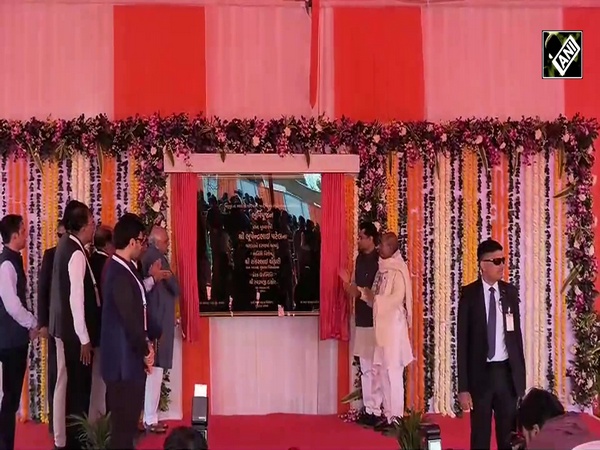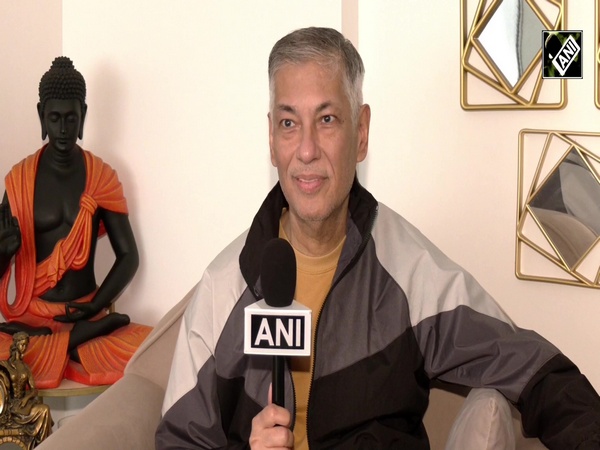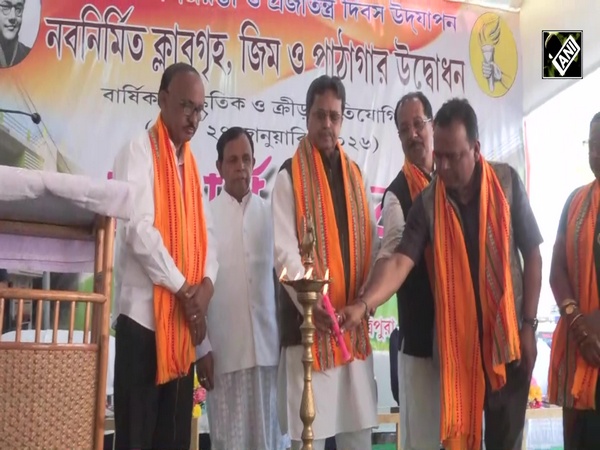Vikas Saptah: Gujarat leads India's renewable energy revolution
Oct 08, 2024

Gandhinagar (Gujarat) [India], October 8 : As Gujarat celebrates 'Vikas Saptah,' marking 23 years of Prime Minister Narendra Modi's policy-driven governance, the state has emerged as a leader in India's green energy revolution, significantly contributing to the country's ambitious target of 500 gigawatts of renewable energy by 2030.
From large-scale solar parks to the electrification of its transport sector, including the introduction of electric buses across major cities, Gujarat has not only become a renewable energy hub but has also charted a roadmap for the entire country. This achievement is largely thanks to PM Modi's farsighted vision, which integrates public-private partnerships, job creation, and sustainable growth.
Speaking at the 4th Global Renewable Energy Investors' Meet and Expo (RE-INVEST) last month, PM Modi said, "Gujarat is the first state in India to have its own Solar Policy. The policy was first formulated in Gujarat, and then we moved forward nationwide. Globally, too, as (Chief Minister) Bhupendrabhai mentioned, Gujarat was among the first to create a separate ministry for climate."
Rooftop solar initiatives have made renewable energy accessible to ordinary citizens, with thousands of households and businesses in Gujarat benefiting from solar panels installed on their rooftops.
According to a report by the World Economic Forum, Gujarat accounts for nearly two-thirds of all residential rooftop solar power in India, despite having just 5 per cent of India's 1.4 billion population and 6% of its land mass.
Gujarat had already introduced its own subsidy system, called Surya, in 2019. Its rooftop solar program, launched in 2010, has served as an inspirational model for the nationwide 2024 PM Surya Ghar Bijli Yojana.
Atul Shah, a resident of Ahmedabad, describes rooftop solar as a "one-time investment, lifetime profit" initiative. He explains that it not only reduces electricity bills but can also be a profitable venture, as individuals can sell excess electricity generated by their solar panels.
"We were the first in our society to install rooftop solar panels. We also encouraged our neighbors by sharing the benefits. It's a form of social work, too, as people can enjoy lower electricity bills. You only need to clean the panels once a week. Because of this, many in our neighborhood installed solar panels," said Atul.
Gujarat has also pioneered hybrid renewable projects, combining solar and wind power for maximum efficiency. The state contributes nearly 12 per cent of India's total renewable energy capacity and is the first state to achieve 100 per cent electrification.
Gujarat's renewable energy model aligns with Sustainable Development Goals, reducing carbon emissions and demonstrating India's commitment to addressing climate change.
Bharat Sisodia, an environmentalist based in Ahmedabad, remarked, "The most pressing global issues are global warming and climate change. Prime Minister Narendra Modi's vision is clear--by 2070, he wants to make India carbon neutral. Renewable energy plays a crucial role in this mission."
Industries in Gujarat are also benefiting from this energy transition. The state's commitment to sustainability has made it an attractive destination for manufacturing units.
As India works towards achieving its ambitious renewable energy goals towards a greener and more sustainable future, Gujarat has emerged as a trailblaser in the field of renewable energy.
